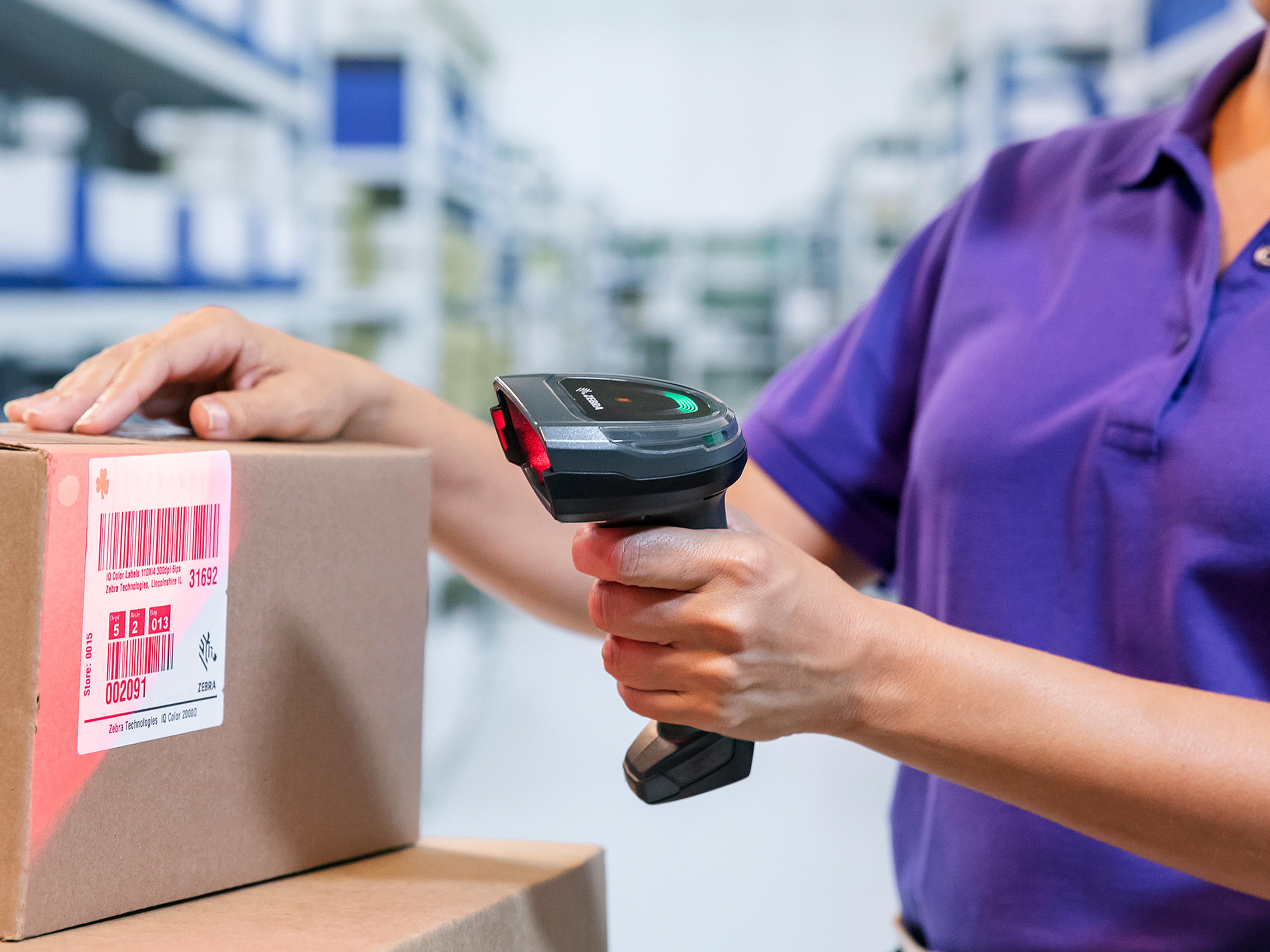High-Quality Barcodes Scanners for High-Volume Scanning Needs
High-Quality Barcodes Scanners for High-Volume Scanning Needs
Blog Article
Picking the Right Barcode Scanner for Your Service Demands
Selecting the appropriate barcode scanner for your organization requires a nuanced understanding of your details functional demands and ecological problems. Variables such as scanner type, rate, and compatibility with existing systems play a critical role in figuring out the right choice.
Comprehending Barcode Scanner Kind
When it concerns selecting a barcode scanner, comprehending the various kinds offered is essential for conference certain organization requirements. Barcode scanners can be categorized into a number of kinds, each designed for different applications and environments.
Portable scanners are the most usual, using mobility and simplicity of usage, making them suitable for retail and supply administration. They generally connect via USB or Bluetooth, supplying adaptability in procedure. Fixed-mount scanners, on the various other hand, are created for high-volume scanning applications, commonly located in production line or checkout counters. These scanners are installed in a stationary placement, enabling rapid scanning of numerous things one by one.
One more type is the mobile computer, which incorporates scanning abilities with computing power. These tools are suitable for area operations or storage facility management, making it possible for data collection and real-time supply tracking. Furthermore, there are commercial scanners that are built to stand up to harsh environments, such as extreme temperatures or exposure to dust and moisture.

Trick Attributes to Consider
What crucial features should services focus on when picking a barcode scanner? First and primary, scanning speed is critical, as faster scanners enhance operational performance, especially in high-volume environments. The scanner's capacity to review various barcode layouts is also important; guarantee it sustains popular kinds like QR codes, UPC, and Code 128 to suit diverse inventory items.
Sturdiness is another vital function, specifically for businesses in rugged setups. Look for designs that are constructed to withstand drops, dust, and dampness. In addition, think about the connectivity options available; whether you choose USB, Bluetooth, or Wi-Fi, the right connection can enhance assimilation with existing systems.

Examining Your Service Setting
To properly choose a barcode scanner, companies have to analyze their details functional environment. This assessment consists of assessing the physical design of the workspace, the nature of the products being scanned, and the normal problems under which scanning takes place. For example, a retail setting may require handheld scanners that can rapidly process deals at the check out, while a storage facility setup might gain from ruggedized scanners created to sustain harsher conditions.
Additionally, think about the quantity of scanning required. High-throughput environments may necessitate innovative scanning technologies, such as fixed-position scanners or mobile phones that can run efficiently in fast-paced circumstances. The integration abilities with existing stock monitoring systems additionally play a crucial role; ensure the picked scanner can perfectly connect with software systems being used.
Additionally, examine the capacity for growth and scalability. A scanner that fulfills current needs could not be enough as company useful link expands. By completely evaluating these elements, businesses can choose a barcode scanner that not just meets immediate needs but additionally supports long-lasting functional performance and flexibility. This strategic method eventually adds to smoother processes and enhanced performance.
Budgeting for Your Scanner
Having assessed the functional environment and determined the particular demands for a barcode scanner, the next step entails careful budgeting to ensure a wise monetary investment. Establishing a spending plan starts with identifying the general costs related to the scanner, including first purchase rate, operational costs, and possible upkeep charges.
When selecting a barcode scanner, consider the variety of available alternatives, from handheld tools to fixed-position scanners, as rates can differ significantly. It is important to stabilize expense with performance; going with a much more budget-friendly version may result in increased functional ineffectiveness if it does not meet your business demands.
Along with the hardware, variable in costs associated with software, training, and potential link upgrades. While it could be appealing to decrease upfront expenditure, investing in a quality scanner that aligns with your functional requirements can produce lasting cost savings with enhanced performance and reduced downtime.
Last but not least, consider the overall price of ownership, which encompasses the scanner's lifespan and potential resale worth. By meticulously preparing your spending plan, you can make sure that your financial investment in a barcode scanner will boost your operational efficiency and financial efficiency.
Assimilation With Existing Solution
Incorporating a barcode scanner with your existing systems is critical for maximizing its effectiveness and making certain seamless operations. barcodes scanners. A well-integrated scanner enhances workflow effectiveness, lowers errors, and speeds up information handling. When selecting a barcode scanner, take into consideration compatibility with your current software and hardware facilities, including your inventory administration systems, point-of-sale (POS) systems, and venture source planning (ERP) options
Review whether the scanner makes use of basic procedures such as USB, Bluetooth, or Wi-Fi, which can facilitate simple integration. Furthermore, evaluate whether the scanner's software program uses APIs or SDKs that enable personalization and combination with exclusive systems. This is particularly essential for companies with special functional requirements.
As your business expands, your systems must be able to fit added scanners and handle increased information quantities without substantial reconfiguration. Ultimately, spending in a barcode scanner that perfectly incorporates with your existing systems will generate lasting advantages, improving precision, performance, and total efficiency within your procedures.

Final Thought
To conclude, choosing a proper barcode scanner requires an extensive assessment of different aspects, including scanner types, crucial functions, and the details service setting. click here for info Correct budgeting for both procurement and functional prices is vital, along with guaranteeing compatibility with existing systems. By thoroughly thinking about these aspects, organizations can enhance performance and efficiency, inevitably leading to boosted operational results. The right barcode scanner works as a vital tool in simplifying processes and facilitating effective supply monitoring.
Report this page